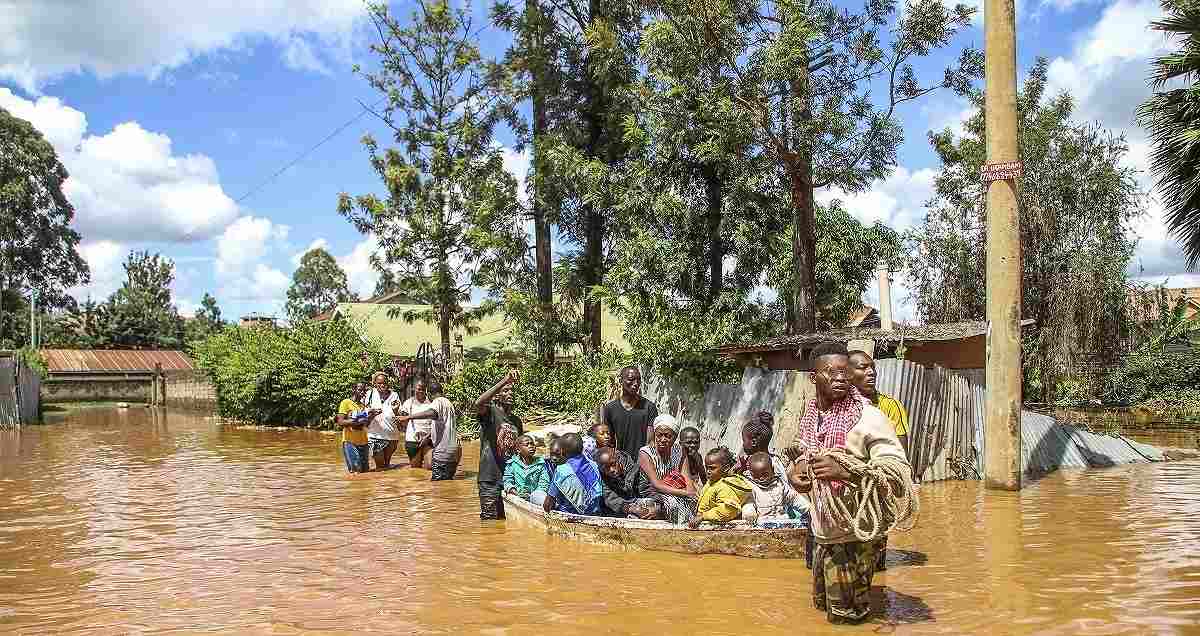Cholera cases in Africa have surged to three times the levels reported in 2022, as highlighted by recent data from the World Health Organization (WHO). Over 100,000 cholera cases have been documented across various African nations since the year began, a sharp increase from the same period last year. This alarming rise comes amidst the ongoing challenges of the COVID-19 pandemic, which continues to strain healthcare systems.
Several factors contribute to the rampant spread of cholera, including limited access to clean water and inadequate sanitation. The region’s healthcare infrastructure is struggling to cope, exacerbated by climate change that causes more frequent and intense rainfall, leading to flooding that further contaminates water sources.
In response to this outbreak, the WHO and local health authorities have implemented emergency measures. These include distributing oral cholera vaccines, setting up treatment centers, and launching public health campaigns to educate communities on preventive measures. However, the sheer scale of the outbreak has made these efforts challenging, with many areas experiencing shortages of medical supplies and personnel.
This surge in cholera highlights the critical need for enhanced water, sanitation, and hygiene infrastructure in Africa. Experts stress that addressing these fundamental issues is essential for preventing future outbreaks and protecting public health. There are calls for increased support and resources from international organizations and governments to combat the current crisis and bolster health systems for the long term.
As health officials monitor the situation closely, they remain committed to controlling the outbreak and mitigating its impact on affected communities, emphasizing the importance of swift and effective action in the face of this urgent public health challenge.












Whats being done to address the root causes of cholera in Africa? Prevention is key, not just treating the symptoms.
Wow, can you believe the cholera cases are skyrocketing in Africa? We need to address this urgent issue now!
Wow, this is alarming! Do you think enough is being done to tackle the root causes of cholera in Africa?
Wow, this is concerning. Do you think more awareness campaigns could help prevent the spread of cholera in Africa?